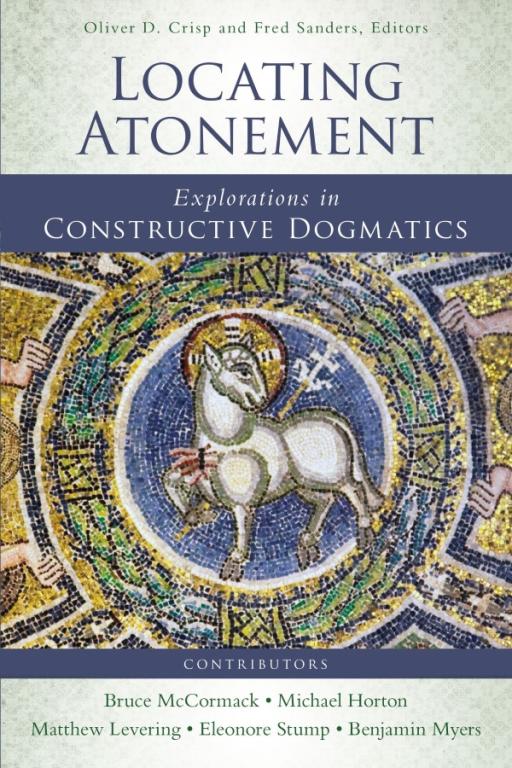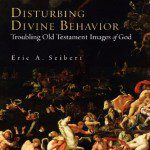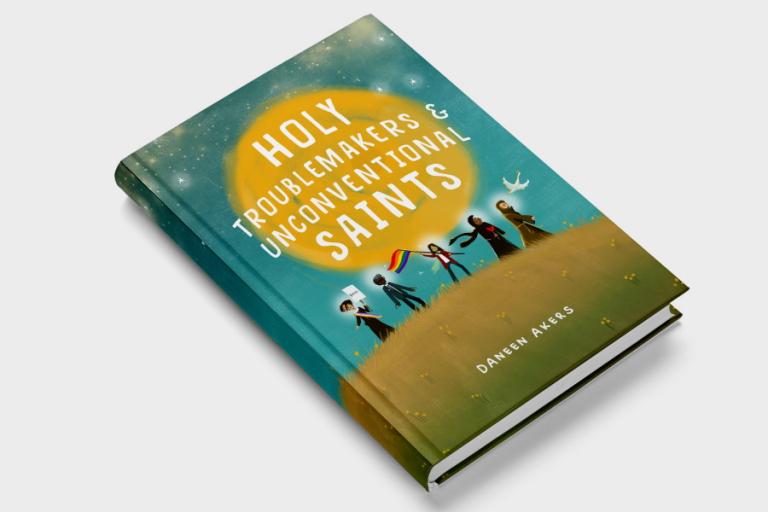It’s Good Friday, and the church is contemplating the death of Christ. Why did he die? What did his death accomplish? How does the atonement work?
The single best explanation I’ve heard on this matter is Benjamin Myers’ talk on the “Patristic Atonement Model.” He gave the talk back in 2015 (and it was also published in the book Locating Atonement), but several unrelated conversations I’ve had recently have brought it back up again, and I thought it would be well worth sharing today.
Human beings are the products of love. They are created in God’s image for the purpose of reciprocating divine love. Human nature, motivated by an internal principle of desire, tends naturally upward toward God. Since God is the source of all life, to be lovingly moving toward God is to be alive. But to turn away from God, even for one second, is to begin to die: to slide downward, away from life, love, and reality.
Since the beginning of history, the whole human race has been locked in a downward slide toward nothingness. But because of his great love for humanity, the Son of God leapt down from heaven and wrapped himself in our plummeting human nature. Because he was human, he participated fully in our perilous slide toward nothingness. But because he was divine, he was able to arrest our downward movement and to reverse it, initiating an upward movement toward the life, love, and reality of God. In the movement of that one human life, the life of Christ, the whole of human nature has undergone death and resurrection. (Locating Atonement, p. 86)
Here’s the full talk. (It isn’t as long as it appears. The last half hour is Q&A.)
His talk brings new life to the recapitulation view of Irenaeus and Athanasius, along with a more-clearly articulated understanding of Christus victor. What Myers so skillfully does is elucidate the understanding of the atonement held by the very earliest church fathers (which has been consistently maintained by the Eastern Orthodox tradition, but has been all but forgotten in Western Christianity). And he does so in a way that makes it applicable for believers today. This is exactly what we’ve needed.
The only clarification I’d add has to do with his discussion on the impassibility of God. Impassibility means different things to different people, and I don’t personally agree with the idea that God has no emotions—that he cannot suffer with us in any true sense. I believe our God is a personal God with very real emotions, and he always suffers with us. However, in Myers’ talk, the focus of impassibility is God’s inability to suffer death, which meant that God had to assume a mortal human body first. On this I certainly agree.
Parts of this post have been adapted from my earlier review of Locating Atonement.













